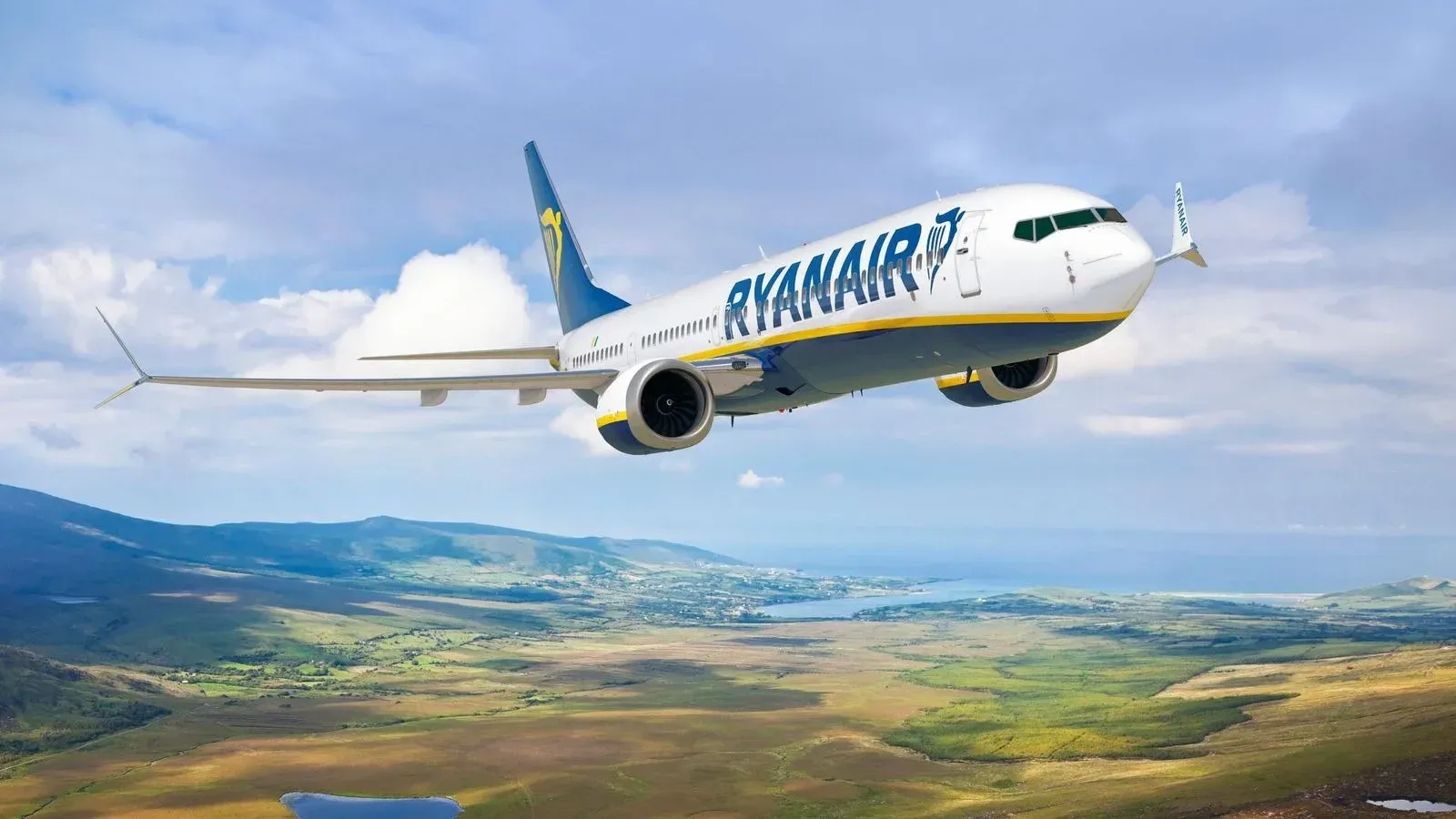Passengers flying with Ryanair from Ireland West Airport in Knock were among those affected by significant flight delays last week, following a series of global positioning system (GPS) disruptions that rippled across international airspace.
According to reports from The Irish Independent, the disruptions began earlier in the week and intensified on Thursday, May 21, causing temporary groundings and operational delays for multiple flights departing Irish airports, including Knock. The issue stemmed from erroneous data being broadcast by one of the satellites in the US military-operated GPS constellation, which provides essential navigation data for commercial and civilian aircraft.
Impact on Irish Flights
Ireland West Airport, a key regional hub in Connacht, experienced cascading delays across several Ryanair services as airline crews reported inconsistencies with onboard navigation systems that rely on precise GPS signals. Although no safety-critical events were reported, flight departures were delayed as aviation authorities and carriers took precautionary measures to verify aircraft positioning data.
The situation has drawn renewed attention to the vulnerability of commercial aviation systems to geopolitical tensions and technological malfunctions.
Erroneous Satellite Data Confirmed
Aviation industry sources confirmed that the root cause of the disruption was a malfunction or corruption in the GPS signals originating from a specific satellite. These signals are maintained by the United States Space Force, which oversees the operation of the GPS network originally developed for military navigation.
The corrupted data caused aircraft systems to either reject GPS positioning or report inconsistencies, leading flight crews to switch to backup navigation procedures. These procedures are slower and often require confirmation from ground control, contributing to delays and temporary flight suspensions in affected regions.
Growing Concern Over GPS Reliability
Aviation experts have warned that GPS disruptions have become increasingly frequent, particularly over Europe and the Middle East, due to ongoing geopolitical conflicts.
Over the past two years, GPS jamming and spoofing incidents have increased sharply, particularly in zones close to the war in Ukraine and areas surrounding conflict in the Middle East. These incidents are believed to stem from military electronic warfare tactics that interfere with civilian aviation systems.
A recent report highlighted the growing use of electronic countermeasures by state and non-state actors in active conflict zones, inadvertently impacting international air traffic beyond immediate war zones.
Ryanair and Aviation Authorities Respond
Ryanair, one of the primary operators out of Ireland West Airport, has acknowledged the delays but emphasized that no flights were cancelled due to the incident. In a statement, the airline noted that its aircraft are equipped with multiple redundant navigation systems and that safety was never compromised.
Ireland’s Air Navigation Service Provider, the Irish Aviation Authority (IAA), is working in coordination with Eurocontrol and other European aviation regulators to assess the impact of the GPS fault and improve resilience to similar events in the future.
An IAA spokesperson told EireNow News:
“We are monitoring developments in GPS navigation reliability closely. The recent incident underscores the importance of maintaining robust backup systems and increasing international cooperation to protect navigation infrastructure.”
Call for International Regulation and Modernisation
The incident has sparked calls among aviation professionals and regulators for a comprehensive review of GPS dependence in the commercial sector. Some experts argue that the aviation industry has grown overly reliant on the US-operated GPS system without sufficient redundancy.
EU institutions have previously proposed expanding and strengthening the Galileo satellite navigation system, the European alternative to GPS, to enhance regional navigation independence and resilience. However, Galileo remains complementary to GPS for most commercial aircraft, rather than fully replacing it.
In light of last week’s incident, discussions may intensify around accelerating investment in Galileo and similar systems, especially as GPS interference increasingly affects civilian operations.
What’s Next for Passengers and Airlines?
While operations at Knock and other Irish airports have since returned to normal, aviation analysts warn that further incidents are possible unless technological and political safeguards are reinforced. Airlines are expected to update their risk management protocols and contingency plans in anticipation of future disruptions.
Passengers flying from regional airports such as Ireland West are advised to monitor flight updates regularly and allow additional time for possible delays when traveling to or from areas affected by navigation issues.






